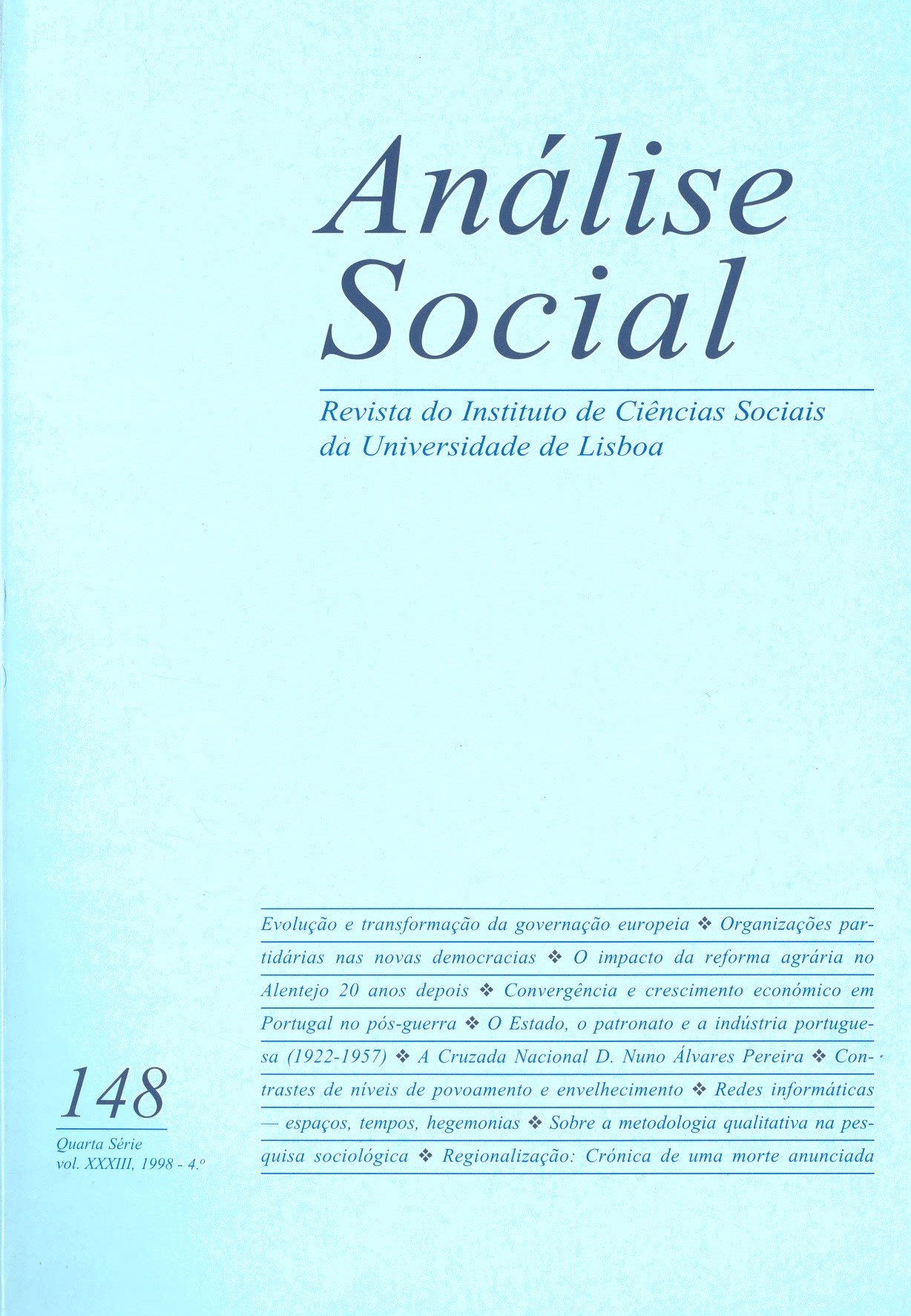The evolution and transformation of European governance
DOI:
https://doi.org/10.31447/AS00032573.1998148.01Keywords:
European Union, patterns of governing, European governance, typology of the political systemsAbstract
It is conventional awisdom that the EU is more than an international organisation and less than a state. It has very particular institutional properties and, therefore, it is plausible to assume that these will correspond to particular patterns of governing. In order to assess these particularities the article proposes a typology of the properties of political systems and the corresponding modes of governance. Theoretical reasoning and empiric evidence support the argument that European governance is best characterized as «network governance». The dynamic effect is that this mode of governance is spreading from the European level into the member states. It affects the efficiency and the democratic contents of national governance. From a normative point of view, therefore, analysing the evolution and transformation of European governance has to take into account the transformation at both levels.



